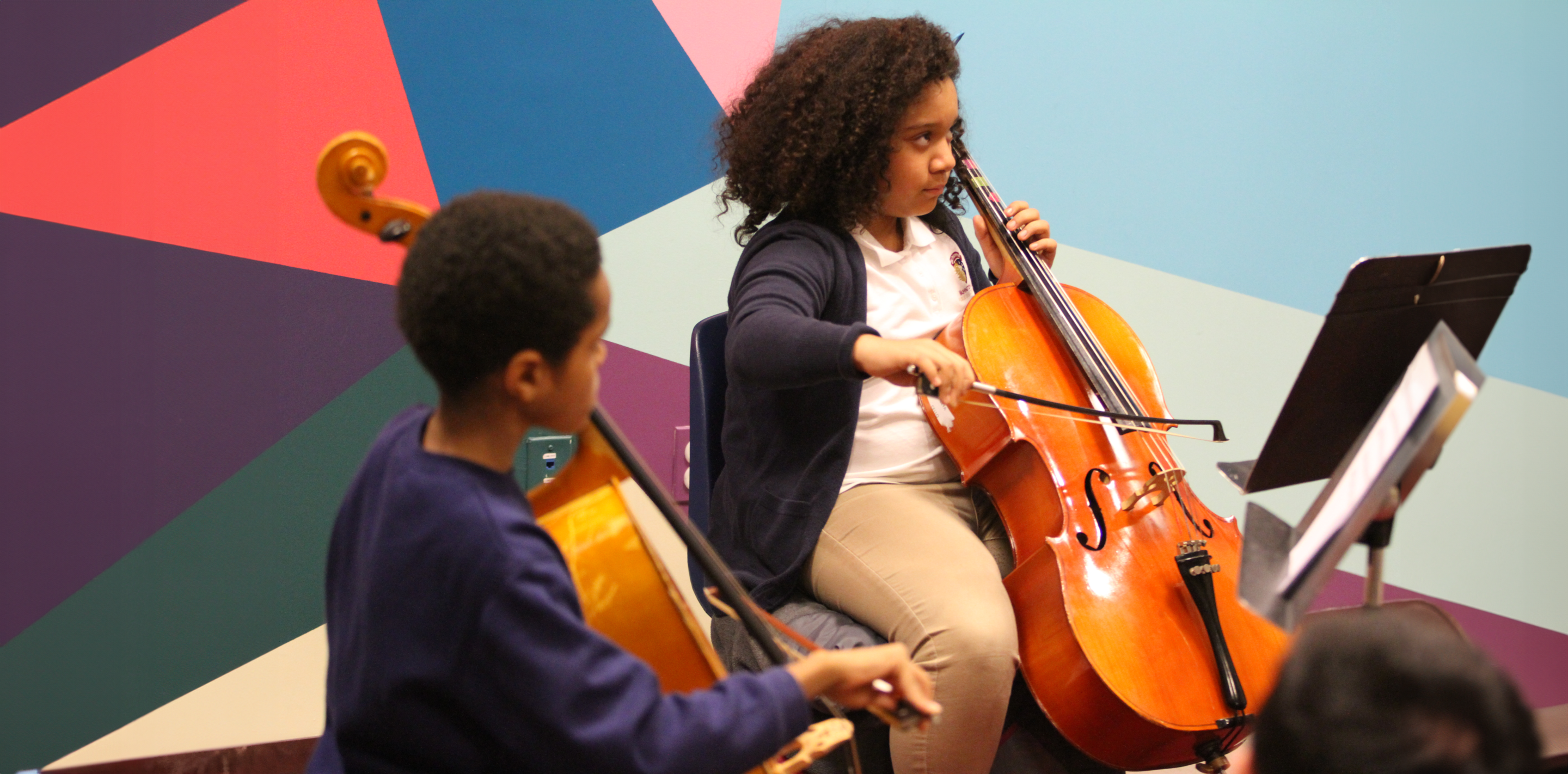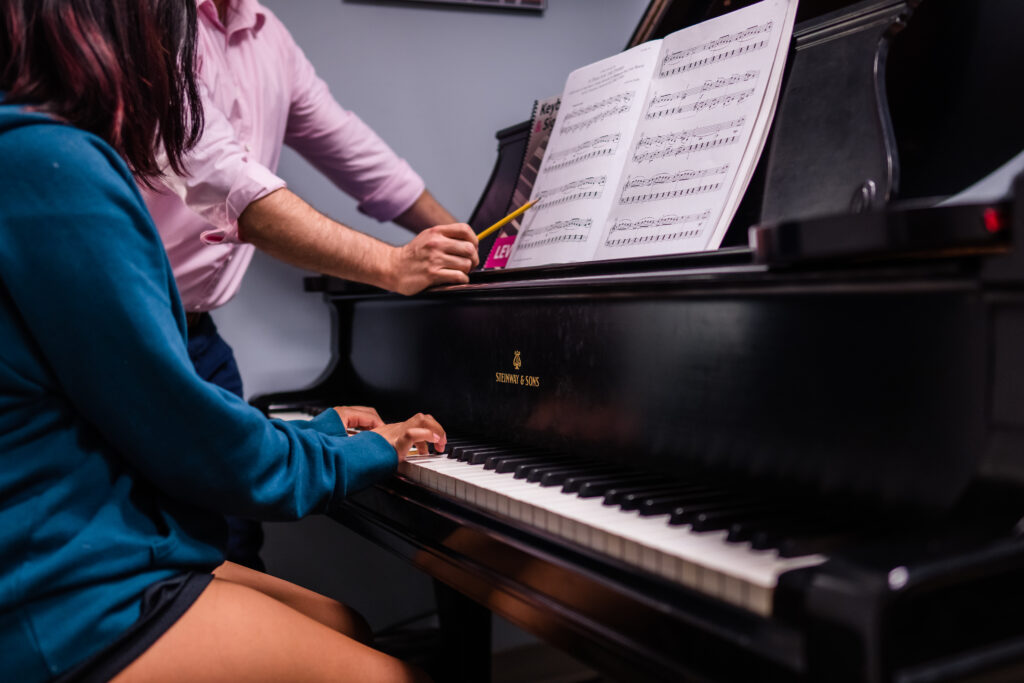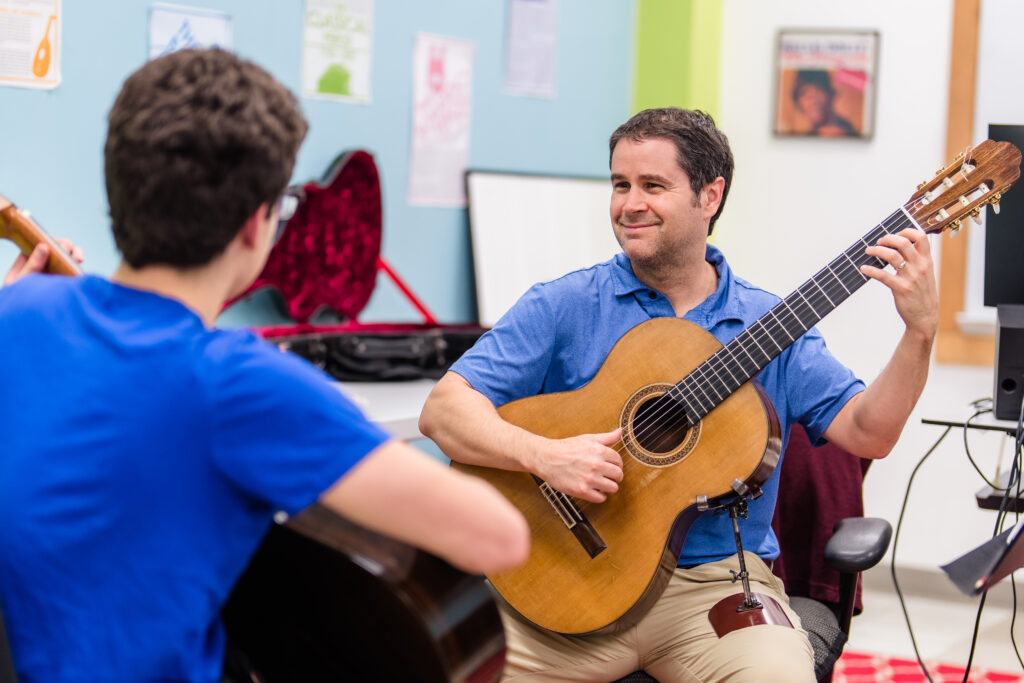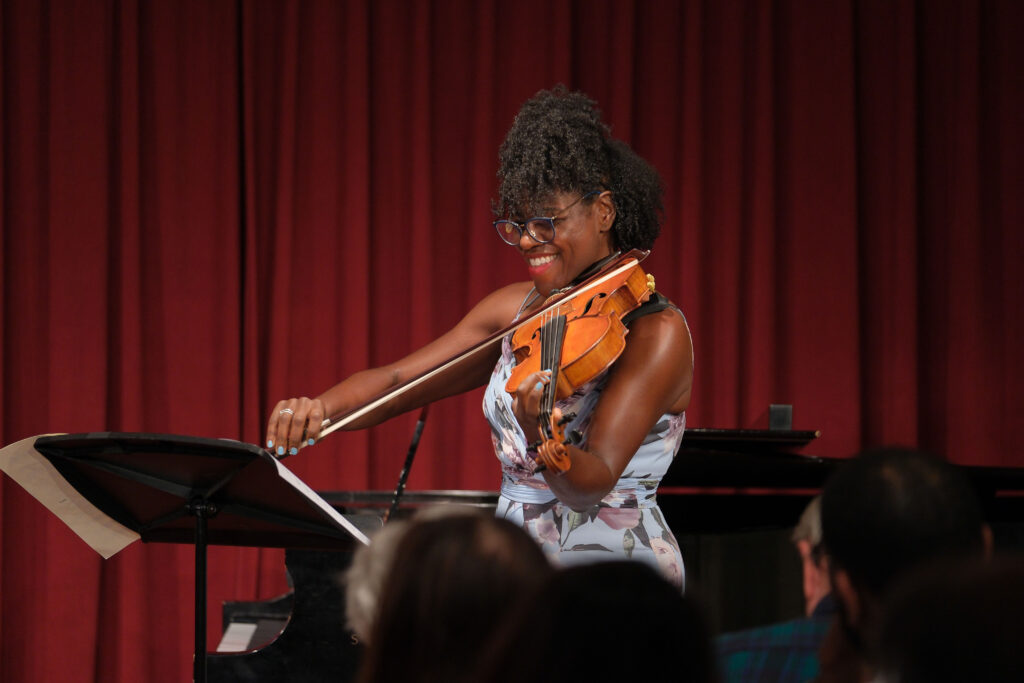Setting Music Learning Goals for the New Year
The start of a new year is the perfect time for musicians of all experience levels to set learning goals. Setting New Year goals can significantly enhance your learning experience and provide direction and purpose to your musical journey.

Why Set Music Learning Goals?
Setting goals is crucial for both beginners and advanced musicians. For beginners, goals help in structuring their learning path, ensuring they acquire the necessary skills progressively. Advanced musicians, on the other hand, benefit from goals by focusing on refining their skills and exploring new musical territories.
Goals provide motivation and a sense of accomplishment as you reach each milestone. They offer a way to track your progress, help you understand how far you’ve come, and determine what areas need more focus.

How to Set Good Music Learning Goals
Setting effective music learning goals in the New Year involves a thoughtful approach that blends ambition with realism. Start by assessing your current skill level and interests. Whether you are a beginner who has just started to explore the world of music or an advanced player looking to deepen your expertise, your goals should reflect your circumstances and objectives.
For Beginners
For learners early on their music journey, goals that focus on foundational skills are a great place to start. These might include learning basic chords on a guitar, understanding rhythmic patterns, or being able to play a simple song from start to finish on the piano. It’s important that these goals are achievable, as this promotes continued learning and a sense of accomplishment.
For Experienced Musicians
Intermediate and advanced musicians should aim for goals that challenge their current capabilities. This could mean mastering a complicated piece, exploring a new genre, or enhancing performance techniques. For these learners, goals might also include compositional elements, like writing a song or improvising.
Goal Setting Strategies
A useful tool for setting goals is ensuring they align with “SMART” criteria. SMART goals are:
- Specific
- Measurable
- Achievable
- Relevant, and
- Time-bound.
For instance, a SMART goal could be, “Learn and perform three new jazz pieces by March,” which is specific, measurable, achievable within a set timeframe, relevant to an interest in jazz, and has a clear deadline.
Finally, remember that goals should be flexible. As you progress, your interests and abilities will evolve, and so should your objectives. Regularly revisiting and adjusting your goals ensures they remain aligned with your musical development. Remember, setting effective music learning goals is not just about the result; it’s about crafting a journey that is both educational and personally enriching.

Key Considerations for New Learners
Ready to start brainstorming SMART goals for the New Year? Here are some basic goal ideas for musicians of all levels.
For Beginners
- Learn the basics of reading sheet music.
- Master simple scales and chords on your instrument.
- Perform a simple song from start to finish.
- Attend a music class for your instrument or in a relevant or foundational area.
For Intermediate Learners
- Improve improvisation skills.
- Start learning a new, slightly challenging genre.
- Participate in a local music competition or event.
For Advanced Musicians
- Compose an original piece.
- Master a complex musical piece or technique.
- Collaborate with other musicians on a project.

Tips for Achieving Your Music Learning Goals
- Regular practice: Consistency is critical in learning music. Dedicate specific times for practice and stick to your schedule.
- Seek feedback: Regular feedback from a teacher or mentor can be incredibly valuable. It helps you understand your strengths and areas for improvement.
- Record and review: Record your practice sessions and performances. Listening back helps you catch mistakes and monitor your progress.
- Stay inspired: Listen to a variety of music, attend concerts, or collaborate with other musicians to stay inspired and motivated.
- Adjust goals as needed: Don’t be afraid to modify your goals if they seem too challenging or too easy. Flexibility is vital in the learning process.
- Celebrate achievements: Celebrate small victories along the way to boost your confidence and enthusiasm for learning. You’ve worked hard, and you should be proud of your accomplishments!
Setting and pursuing music learning goals can significantly enhance your skills and enjoyment as a musician. You can achieve remarkable progress in your musical journey by being specific, realistic, and dedicated to regular practice. Let this New Year be the start of a fulfilling and exciting musical adventure!
As you set your goals for the New Year — or on any occasion — remember that guidance and proper instruction are crucial in achieving them. Connecting with a teacher that fits your learning style can help keep you accountable and track your progress toward your goal. Explore music classes at Levine Music, where you can find tailored courses catering to your specific needs and interests. Whether you’re a beginner or an advanced musician, we offer a range of programs to help you reach your musical aspirations. Start your music learning journey this New Year with Levine Music and unlock your full potential!
At Levine Music, our core values—excellence and opportunity—infuse everything we do. Learn more about our program areas and upcoming performances, and donate today to help us bring lifelong joy and inspiration through music!
